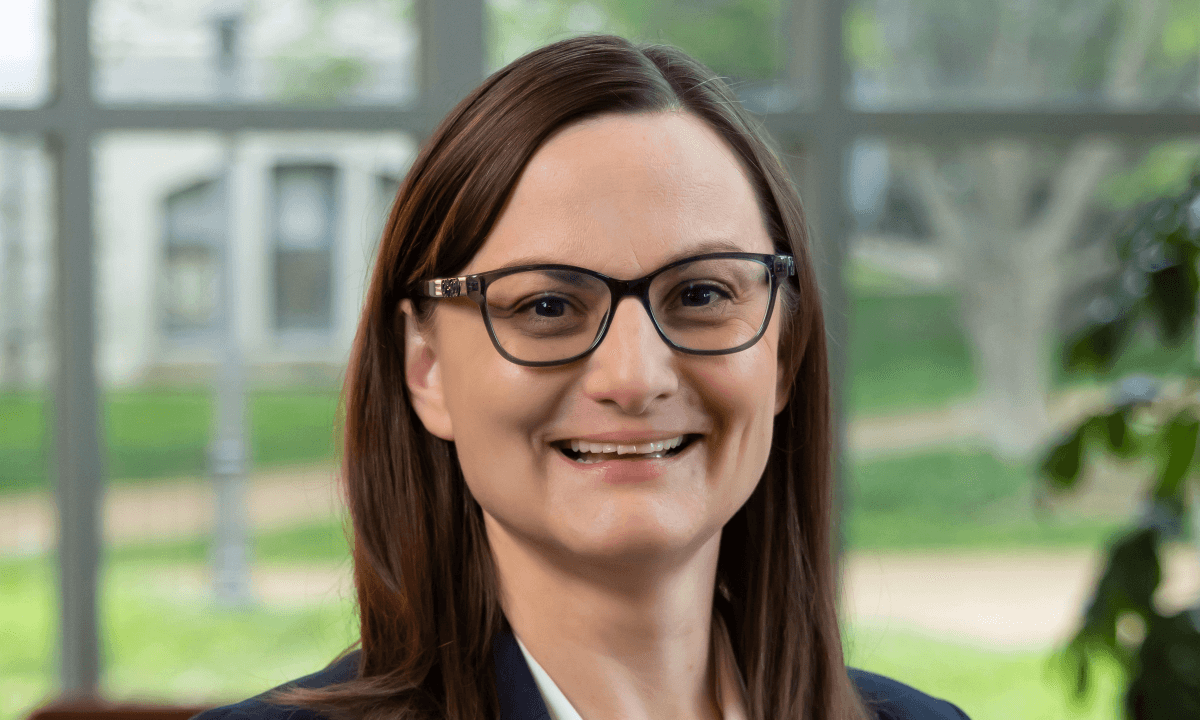Through enrolling in the Vanderbilt Legal Clinic, students sharpen their legal skills and have an opportunity to put their commitment to public service into practice. From representing clients who could not otherwise afford a lawyer, to helping build businesses in under served communities, and beyond, students in each clinic work to help build a world that is more equitable and in which all of our clients have access to justice. This semester, we are working across the clinic to reflect on and critique how our individual and client-focused work relates to the larger project of social change.
Many people have an overly simplified view of how lawyers promote social change, one in which lawyers come in as the heroes to solve a problem once and for all. In reality, there are many different ways that lawyers can work with our clients and our communities to promote social justice. Vanderbilt Legal Clinic faculty and students are engaged in an ongoing cross-clinic dialogue to complicate the ways we conceive of the role of legal advocacy in promoting justice and creating changes in society.
The Vanderbilt Legal Clinic models many different approaches to lawyering for social change. “Our commitment to social change,” said Professor Cara Suvall, the director of the Youth Opportunity Clinic, “is guided by our connections with community-based organizations. We get our clients through relationships with service providers and grassroots organizations in Nashville, and seek to use our legal advocacy not only to help individual clients but also to build the power of our clients and of the organizations they are connected with.”
“Impact litigation gets all the attention, understandably, given the potential for major change that can result. But it can obscure a lot of other important lawyering strategies that we teach in clinics,” said Professor G.S. Hans, the director of the Stanton Foundation First Amendment Clinic. “Teaching students how we can achieve change for our clients in a variety of ways—from a letter to opposing counsel to drafting legislation—provides a broader picture of public interest work.” By bringing together students across all clinics to critique and analyze how our client work relates to social change, we hope to deepen our understanding of different models of social change represented by our clinic work and deepen our commitment to meeting the needs of our clients and community.
